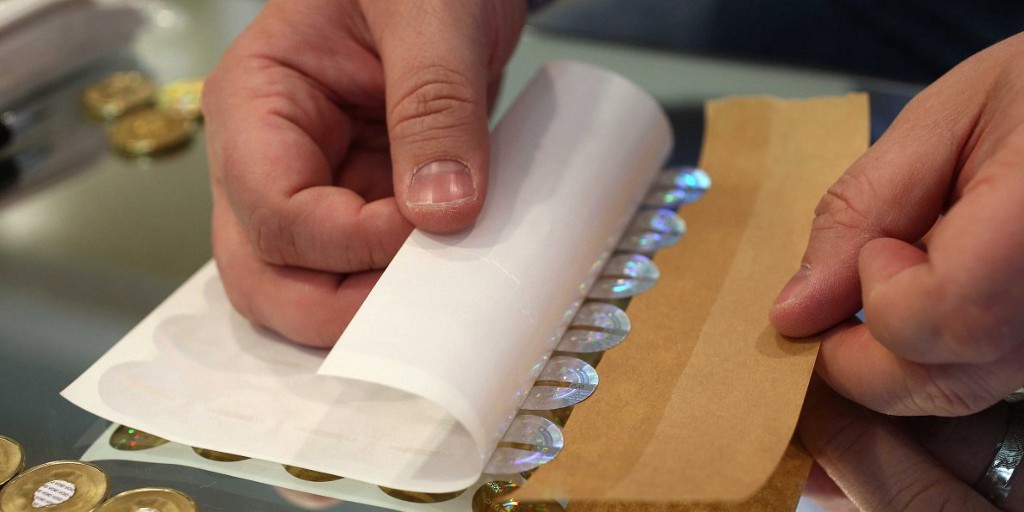For many, bitcoin — a digital currency based on a decentralized ledger system called a blockchain (it’s complicated) — is the future of money.
It has been the top-performing currency in six of the past seven years, and a single coin is, as of August 9th at 7:20pm PT, worth $3,366.05, or almost 1,346,420 times its initial market valuation of $.0025. Not a bad investment for those who bought their bitcoins early.
That’s just the tip of the iceberg, says Jeremy Liew of Lightspeed Venture Partners. Liew, the first investor in Snapchat, thinks the value of a bitcoin will increase to something like $500,000 by 2030, which would put the total market value of today’s bitcoins at around $10.5 trillion. Three forces will drive this appreciation, Liew says: bitcoin-based remittances, global uncertainty and instability, and increasing global smartphone penetration.
Consider the cross-border remittance market, which is huge. About 230 million people send $500 billion in remittances each year, primarily through such companies as Western Union, RIA, Moneygram and the like. But they charge high fees, and overseas transfers can take a few days. A bitcoin remittance service might charge only 1%, and the transfer could be near-instantaneous.
Bitcoin also benefits from smartphone “wallet” apps like Abra, which enable users to bypass traditional finance institutions (and their fees). Abra is a remittance service that uses bitcoin to let users transfer remittances from their mobile phones to any recipient, who gets the cash from an Abra teller. Abra has VC backing, and actress/Goop CEO Gwyneth Paltrow recently joined Abra as an advisor.
In the Philippines, where the central bank legalized bitcoin earlier this year, adoption is rising at an exponential rate; Coins.ph, a bitcoin-based service provider, boasts more than one million active users. A recent report indicated that 20% of remittances from the Philippines to South Korea are now processed in bitcoin.
The Philippines is the third largest remittance market in the world, behind only China and India, receiving nearly $30 billion in remittance payments every year. Liew and Peter Smith, CEO of Blockchain, said in a recent presentation: “Expats sending money home have found in bitcoin an inexpensive alternative, and we assume that the percentage of bitcoin-based remittances will sharply increase with greater bitcoin awareness.”











